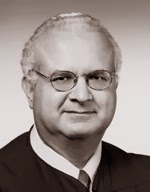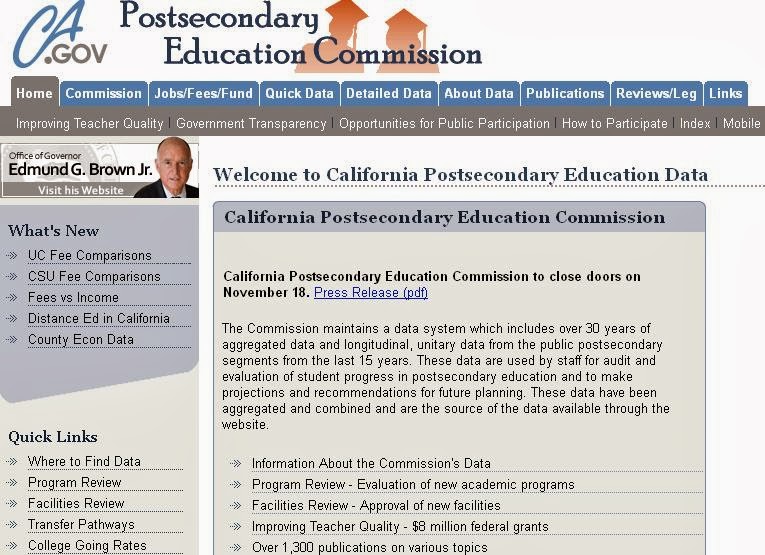 |
| Moreno |
UC President Napolitano issued a response to the (former California Supreme Court Justice Carlos) “Moreno Report” of Oct. 2013, formally titled “Independent Investigative Report on Acts of Bias and Discrimination Involving Faculty at the University of California, Los Angeles.” It includes directives to all campus chancellors:
1) Every campus should designate an official to serve as its lead discrimination officer. This official is responsible for ensuring that an appropriate response is made to all reports of perceived acts of discrimination, bias, and harassment involving faculty, students, and staff from all parts of the campus.
* The discrimination officer will designate the individuals responsible for carrying out such activities as advising complainants, accepting complaints, carrying out investigations, recommending informal resolutions, and referring cases to the Academic Senate or administrators as appropriate.
* The Chancellor should ensure that he/she regularly meets with and reviews the work of the lead discrimination officer.
2) Every campus should have an official who serves as an ombudsperson, responsible on his or her own or through other staff for providing confidential advice about perceived acts of discrimination, bias, and harassment involving faculty, students, and staff from all parts of the campus. The ombudsperson will remain entirely independent from the lead discrimination officer and will be located separately from the lead discrimination officer. He or she may carry out some investigations and seek informal resolutions of complaints, as well as contributing data to the annual report.
3) Every campus should have a “one-stop shop” website on policies, procedures, and personnel covering discrimination, bias, harassment, as well as diversity. The site will be able to accept complaints filed electronically, including anonymous complaints; provide information for an annual report of complaints and their resolution; and offer education and training, as well as the reporting responsibilities of various administrators and staff.
4) The Chancellor of every campus should continue to advocate for diversity, inclusion, and respect for all persons and deplore any acts of discrimination, bias, and harassment. Messages on these topics should be widely distributed throughout the campus, including on the website described above.
5) Every campus should compile an annual report that includes the number and types of formal and informal complaints about perceived acts of discrimination, bias, and harassment, including confidential complaints, how they were investigated, the findings, and the consequences should a complaint have been found to have merit.








